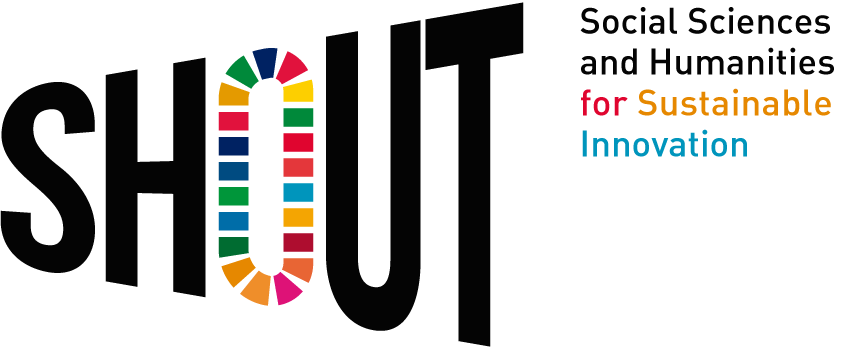In this course, we are going to explore the concept of Sustainable Development and how this has changed throughout the years. Sustainable Development has become a central topic in the international scene and most importantly, impacts directly everyone’s life and depends also on our everyday choices. Our current consumptions patterns, and the rate at which production needs to keep up whit the demand, are
putting the environment and natural resources worldwide under stress, causing biodiversity loss and extreme weather conditions, besides other negative repercussions. We will also explore the International community’s response to the social justice challenges we face today at a global level, with the adoption of the Agenda 2030 for Sustainable Development, with the aim of “leaving no one behind”.
Structure of the Course
At the end of the course, participants will be able to:
What is the SDGs framework and why does it matter?
- The concept of development: from economic growth to the human dimension
- The concept of sustainable development
- From the millennium development goals to the Agenda 2030 for sustainable development goals
Overview of the 17 SDGs (the goals, examples of practices, projects)
- Introduction of the 17 SDGs
- The 17 SDGs
- The influence of pandemic crisis on the goals
Learning Outcomes
- Define the concept of Sustainable Development;
- Identify the main elements characterising Sustainable Development;
- Explain how the Sustainable Development Goals foster Global Social Justice;
- Apply your knowledge on sustainable development into practice in education and work settings;
- Explore the 17 SDG’s and their interconnection.
Key competencies for sustainability
- System thinking competency: the abilities to recongize and understand relationship; to analyse complex systems
- Anticipatory competency: the abilities to understand and evaluate multiple futures – possible, probable and desiderable
- Normative competency: the abilities to understand and reflect on the norms and values that underlies one’s actions
- Critical thinking competency: the ability to question norms, practices and opinions; to reflect on own one’s values, perceptions and actions; and take to a position in the sustainability discourse
What do you think Sustainable Development means?
Submit your answers here:


